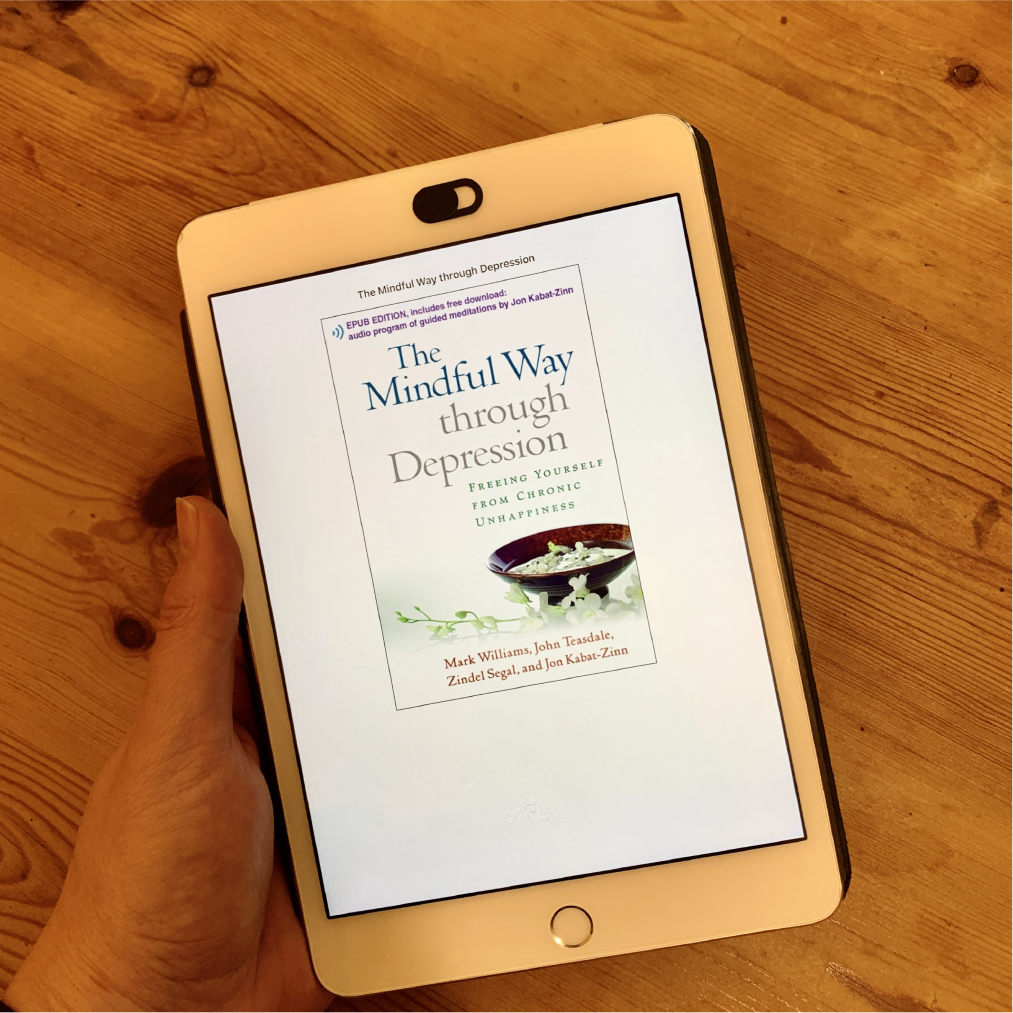‘Shouldn’t you be better by now?’
On World Mental Health Day I want to address the idea of ‘overcoming’ a mental health issue. Some may be aware that I’ve experienced depression, anxiety and stress in the past. Yep, all three. Sometimes one at a time, sometimes a combination of two at once. At times my levels have been rated as severe, but I’ve been fortunate to not have prolonged severe episodes requiring medication.
I have, however, had what you might call relapses. Times where I thought I was ‘recovered’, and then found myself back in the grips of one or more of those states. And just this week I’ve learnt why this happens.
‘Aren’t you better yet?‘
‘Is that still going on?‘
‘When are you going to move on from this?‘
I’ve never actually had anyone say any of these things to me, but I know it happens, and I must admit that at times I’ve perceived that to be exactly what others are thinking. And now I’m realising that I probably have this perception because a part of me is actually judging myself for ‘slipping’ back.
But any sort of recovery is not linear. Living with, overcoming, or learning to manage a mental health issue means ups and downs.
And sometimes, things you think shouldn’t affect you so greatly, just DO.
I’ve been reading the book ‘The Mindful Way Through Depression’ by Mark Williams, John Teasdale, Zindel Segal and Jon Kabat-Zinn and I’ve learnt that 50% of more of those who experience depression find that it comes back, despite them having appeared to have made a full recovery.
I share this statistic not to scare anyone who has made a recovery or is in the process, but to help those who have found their depression returning, and perhaps to prepare those others a little if theirs does make an unwelcome return.
For me, learning why my depression returns from time to time has been mind-blowing, and I look forward to reading more of this book to take the next step and work towards freeing myself of it altogether.
Without getting too deep into it (those with an interest can jump into the book), the authors say, ‘every time a person gets depressed, the connections in the brain between mood, thoughts, the body, and behavior (sic) get stronger, making it easier for depression to be triggered again’. A big part of depression is about how we interpret the events in our lives, including our judgements of normal sadness. They say, ‘It doesn’t require a traumatic loss for those of us who are vulnerable to plunge down into the spiral again; even the kinds of everyday difficulties that many people shrug off can start the descent into depression or perpetuate unhappiness from day to day’.
In a nutshell, one bout of depression sets up neural pathways in your brain that can then automatically fire when you feel regular sadness, causing a depressive reaction. It is not your fault. It’s your brain behaving in the way it’s supposed to in order to process things efficiently, it’s just that it has learnt a less-than-ideal reaction to sad emotions.
This explains so much to me about myself lately. It’s been a rough year for pretty much everyone, but I am very fortunate that my life has not been hugely impacted on a practical level by what’s gone on in 2020. I know so many people who have had a much harder time than me. But I’ve still found myself suffering from bouts of mild depression and judging myself for it.
Don’t get me wrong—it’s perfectly okay for me to feel upset and afraid when I see what is happening in the world, from racial injustice to COVID-is-a-hoax conspiracy theorists, from the QAnon cult to people thinking Trump is a lightworker. We should feel strong emotions about things that conflict with our personal values.
But when those emotions start to affect our day-to-day living and permeate our thoughts, we need to recognise that something bigger is going on and get some help. So I ask readers to do two things:
- If you are experiencing prolonged sadness, anxiety or stress, please seek help. You can start with your GP or visit the Mental Health Australia website for a list of services.
- If you are experiencing relapses, don’t be hard on yourself. Your brain is just working the way it is designed to, and performing automatically based on what it learnt previously. Return to your therapist if you are in the midst of a relapse, or perhaps delve into the book at a time when you are feeling well.
Please feel free to share this post if you feel it appropriate, you never know who you might be helping.
PS: Yes, I have the support of family, friends, and clinical professionals so there is no need for anyone to be concerned about me. 🙂
Disclaimer: I’m not a therapist. I’m just sharing my experiences and what I’ve read in the hope that it may help someone else. Please seek the help of a professional when it comes to this stuff. Visit your GP, therapist, or visit the Mental Health Australia website for a list of services.

